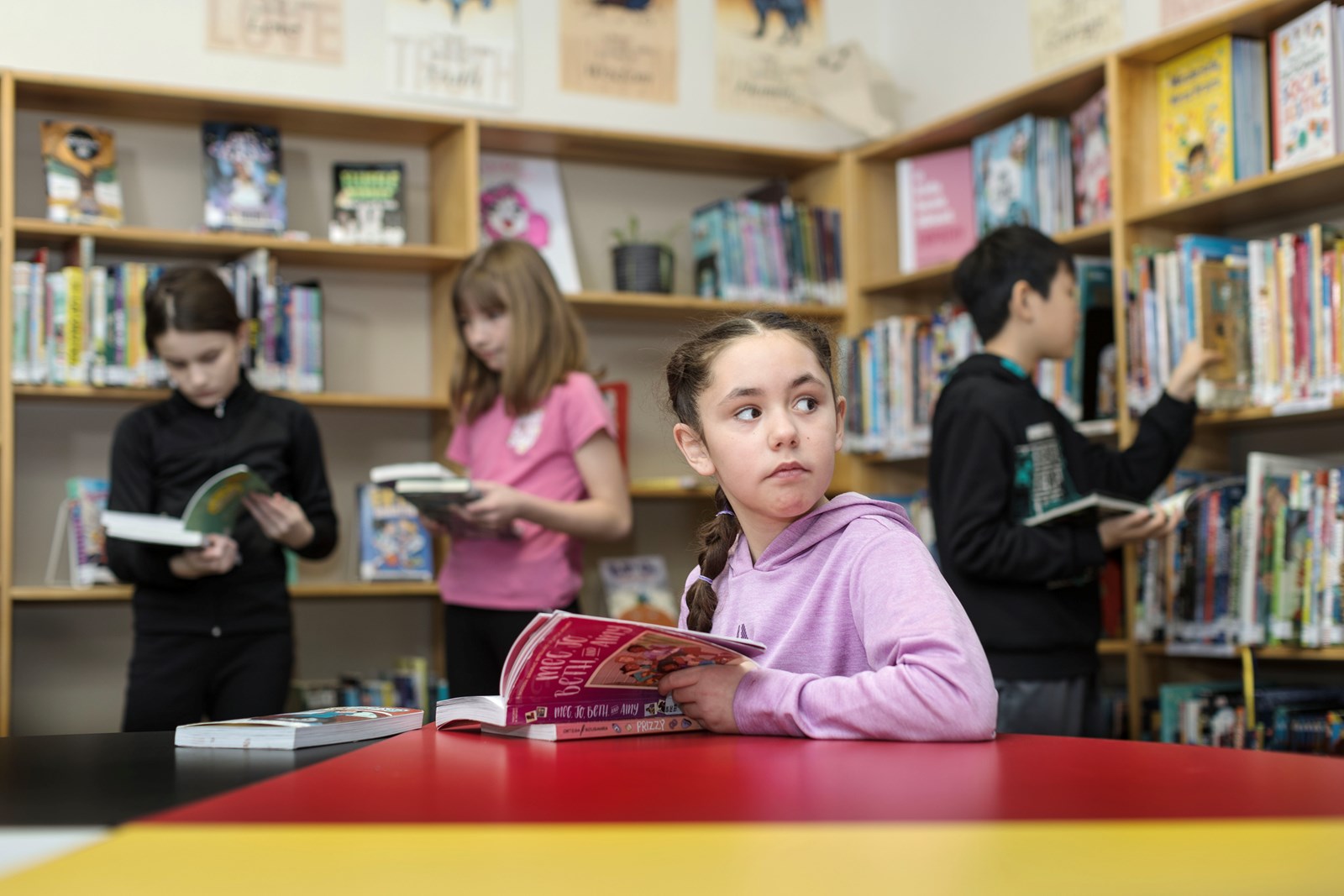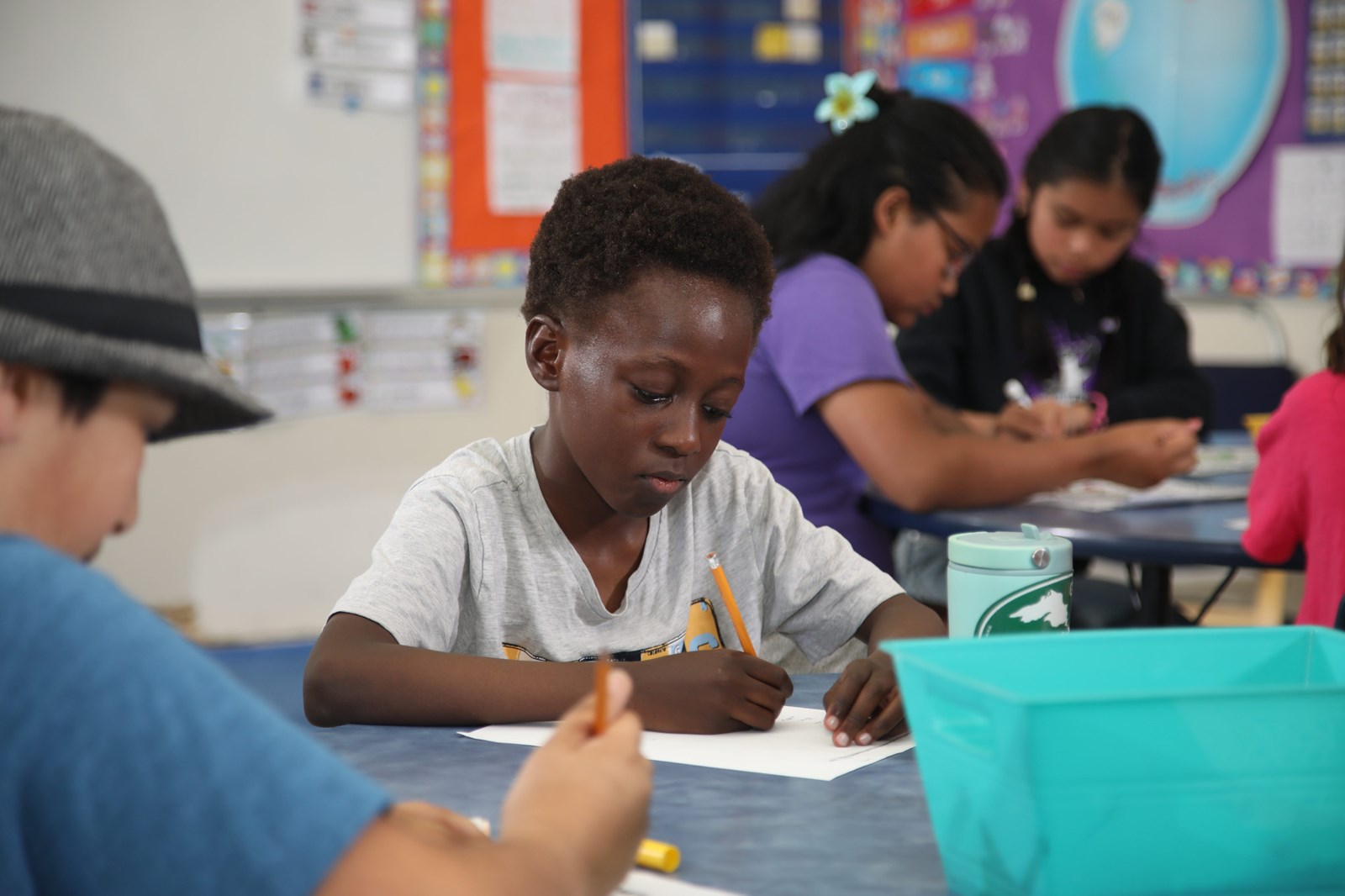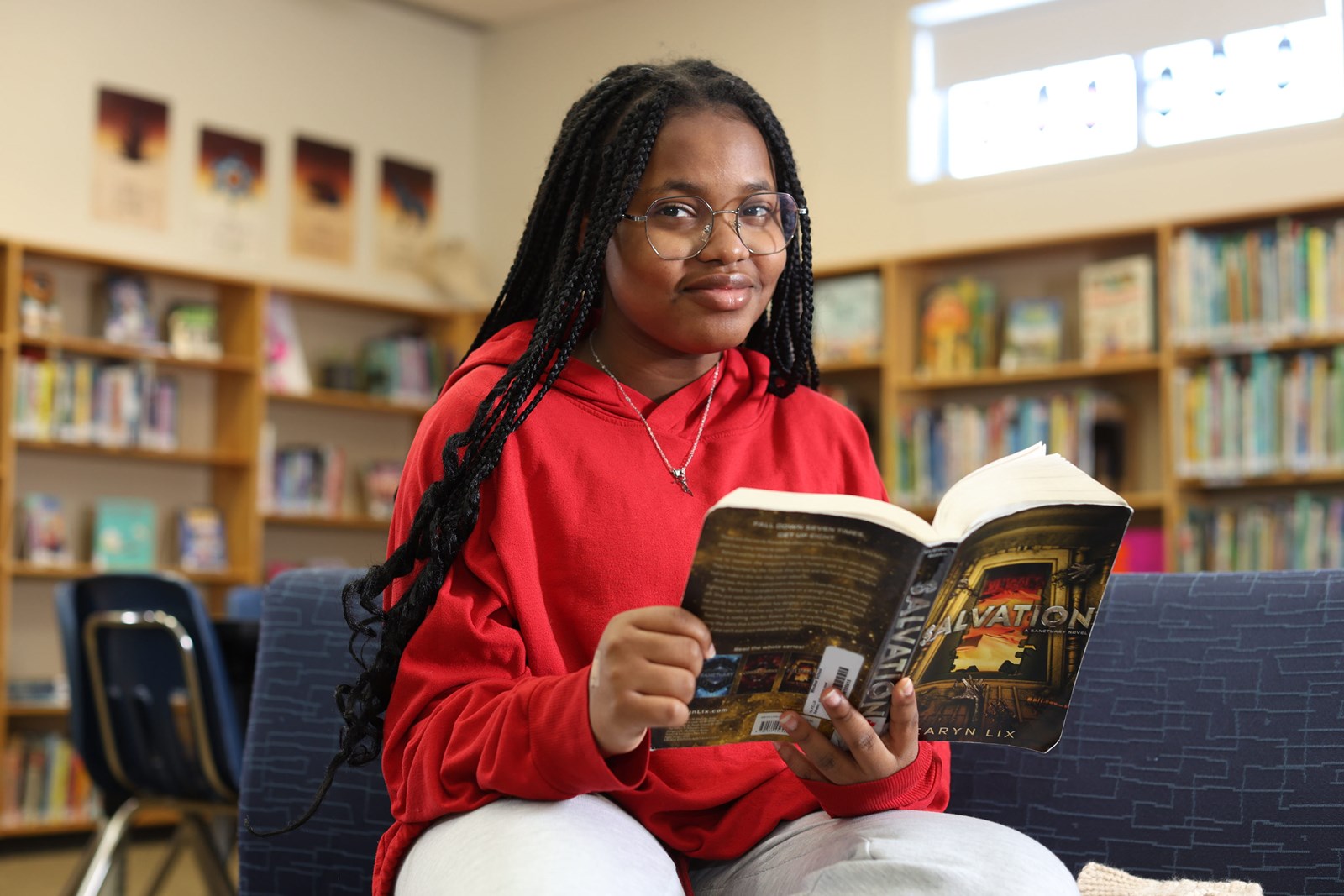Strategic Action 2.3: Early Screening & Monitoring
Implementing universal early screening and monitoring to ensure a preventive and proactive approach to teaching and systemic interventions.
Foundations in Literacy
Reading is fundamental to a student's success. We have taken major steps to improve literacy by enhancing early screening and monitoring, ensuring every student receives the support they need. This includes universal screening for K-1 students and progress monitoring for K-8, supported by robust professional development and data analysis tools to inform instruction.
Building Blocks of Numeracy
Numeracy is another essential skill for lifelong success. LRSD promotes numeracy through universal screening in K-4, a comprehensive professional learning model, and play-based approaches in Kindergarten. We have also developed classroom assessment tools and implemented targeted interventions for students who need extra help.
What We've Accomplished

Literacy Success Framework
- Implemented universal literacy screening for K-1 students (CTOPP-2).
- Adopted universal progress monitoring for K-8 in English (DIBELS).
- Developed a universal progress monitoring tool for K-2 in French Immersion (THaFoL).
- Established a robust professional development program for school teams.
- Created a literacy skills scope and sequence aligned with the curriculum.
- Developed a data collection system for staff to analyze screening results.
- Refined the systematic approach for supporting students with assistive technology.

Numeracy Success Framework
- Implemented universal numeracy screening for K-4 using the Early Math Assessment tool.
- Developed a comprehensive professional learning model for numeracy instruction.
- Developed classroom numeracy assessment tools for Grades 1-9 to inform practice.
- Implemented a play-based, evidence-based approach for Kindergarten numeracy (NyKK-5).
- Implemented intervention resources for learners who do not meet screening benchmarks.
Where We're Going

Continued Monitoring
- Provide screening results in easy-to-navigate visual reports for staff.
- Ensure classroom practices consistently reflect screening results and influence planning.
- Establish systematic, tiered intervention processes in all schools.
- Develop common protocols to inform parents about screening practices and results.
- Implement a universal screening tool for graphomotor (writing) skills in kindergarten.
Strategic Overview
Progress So Far
- Implemented universal literacy and numeracy screening tools across K-8.
- Developed robust professional development, data analysis systems, and a literacy scope and sequence.
- Established targeted interventions, including a play-based approach for Kindergarten numeracy.
Future Plans
- Provide screening results in easy-to-navigate visual reports for staff.
- Develop common protocols to inform parents about screening practices and results.
- Ensure classroom practices consistently reflect screening results and establish a common, tiered approach to intervention.
- Implement a universal screening tool for graphomotor (writing) skills in kindergarten.
